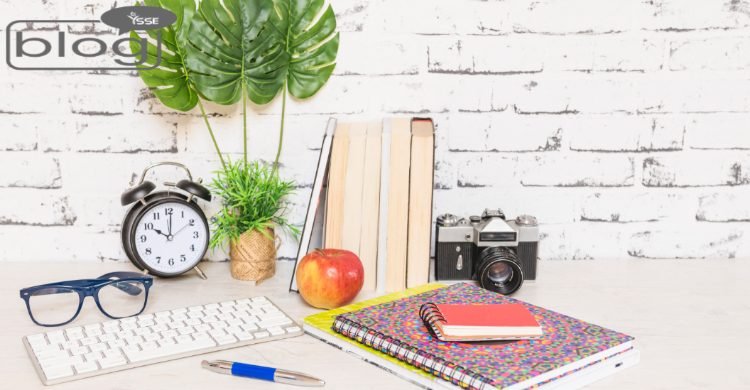Creating a good study space is essential for academic success. An organized, comfortable, and distraction-free environment can significantly boost productivity and focus. In this blog, you will learn some tips that will help you to create the best study space for yourself.
Choose the Right Location:
The first step in creating an effective study space is selecting the right location. Look for a quiet area in your home where you can concentrate without interruptions. Natural light is beneficial as it reduces eye strain and creates a positive atmosphere.
Set up your desk near a window if possible. Avoid areas that may disrupt your study and choose a space where you feel comfortable and inspired to study.
Comfortable and Ergonomic Furniture:
Investing in comfortable and ergonomic furniture is crucial for long study sessions. Your chair should provide you with proper back support and have an adjustable height to maintain good posture. Additionally, a desk of appropriate height will enable your arms to rest comfortably while typing or writing. Ergonomic measures eliminate physical discomfort and reduce fatigue. It also allows you to study for longer periods.
Declutter and Organize:
A clutter-free study area minimizes distractions, allowing you to focus better. Remove unnecessary items and keep essential materials. Utilize shelves, drawers or organizers to store stationery, textbooks and other study materials in an organized manner. This will reduce the time wasted searching for things. It helps you to focus on your studies.
Lighting:
Proper lighting is essential for productivity and reducing eye strain. If possible, choose a study space near a window to benefit from natural light. If natural light is insufficient, set up a well-designed desk lamp with adjustable brightness. Avoid harsh or dim lighting as it may strain your eyes or break your concentration.
Personalization:
Creating your study space with elements that motivates and inspires you is important. Personalization creates a welcoming environment that encourages you to spend more time studying. Add inspiring quotes, artwork or photos of loved ones that bring you joy and positivity. Choose calming colors or objects that reflect your personal style. It will help you to boost your motivation and focus.
Eliminate Distractions:
Minimizing distractions is vital in maintaining concentration during study sessions. Silence or turn off your phone and other electronic devices, or use apps that block distracting websites or apps. If external noises are an issue,you can also use noise-canceling headphones or playing soft background instrumental music to create a serene study environment that allows you to stay focused.
Utilize Technology:
Technology can be a valuable asset in creating an effective study space. Invest in a high-quality laptop or computer with a large monitor for better visibility. Ensure you have a reliable internet connection to access online resources efficiently.
Use productivity apps or software for note-taking, time management and organizing your study materials. However, be cautious not to overuse technology as it causes distraction. Use it strategically to support your studying efforts.
Take care of your physical well-being:
While designing your study space, it’s important to prioritize your physical well-being. Keep a water bottle nearby to stay hydrated throughout your study sessions. Take regular breaks to stretch or move around. Keep plants in your study area to improve air quality and create a calming atmosphere.
You can improve your performance, concentration, and learning by creating a space that suits your needs and tastes. It’s not only about how it looks; it’s about making a place that helps you achieve your learning objectives and inspires you to study. Adjust your study space until you discover the ideal arrangement that increases your productivity and leads you to success.
To read more blogs, click here.
Writer,
Mehrin Khan
Intern at Content Writing Department
YSSE

